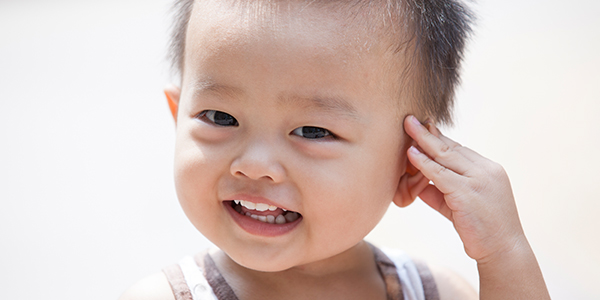Every child will get a bonk on the head at some point, whether it’s from learning to walk or running around a playground. Although it’s an inevitable childhood experience, when it happens, it makes every parent worry.
You have to determine if your child has a typical childhood “bump on the head” or something much more serious, like a concussion.
Jennifer Alford, Ph.D., a pediatric neuropsychologist at the Neurosciences Division of Sutter Medical Foundation, offers this quick guide to what you need to know and do when coping with a concussion.











